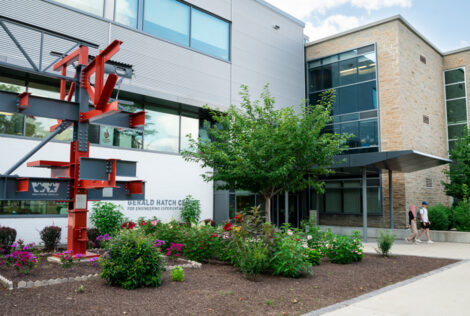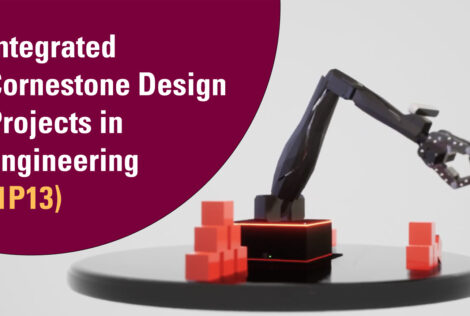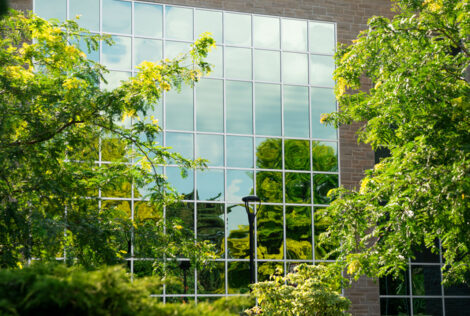
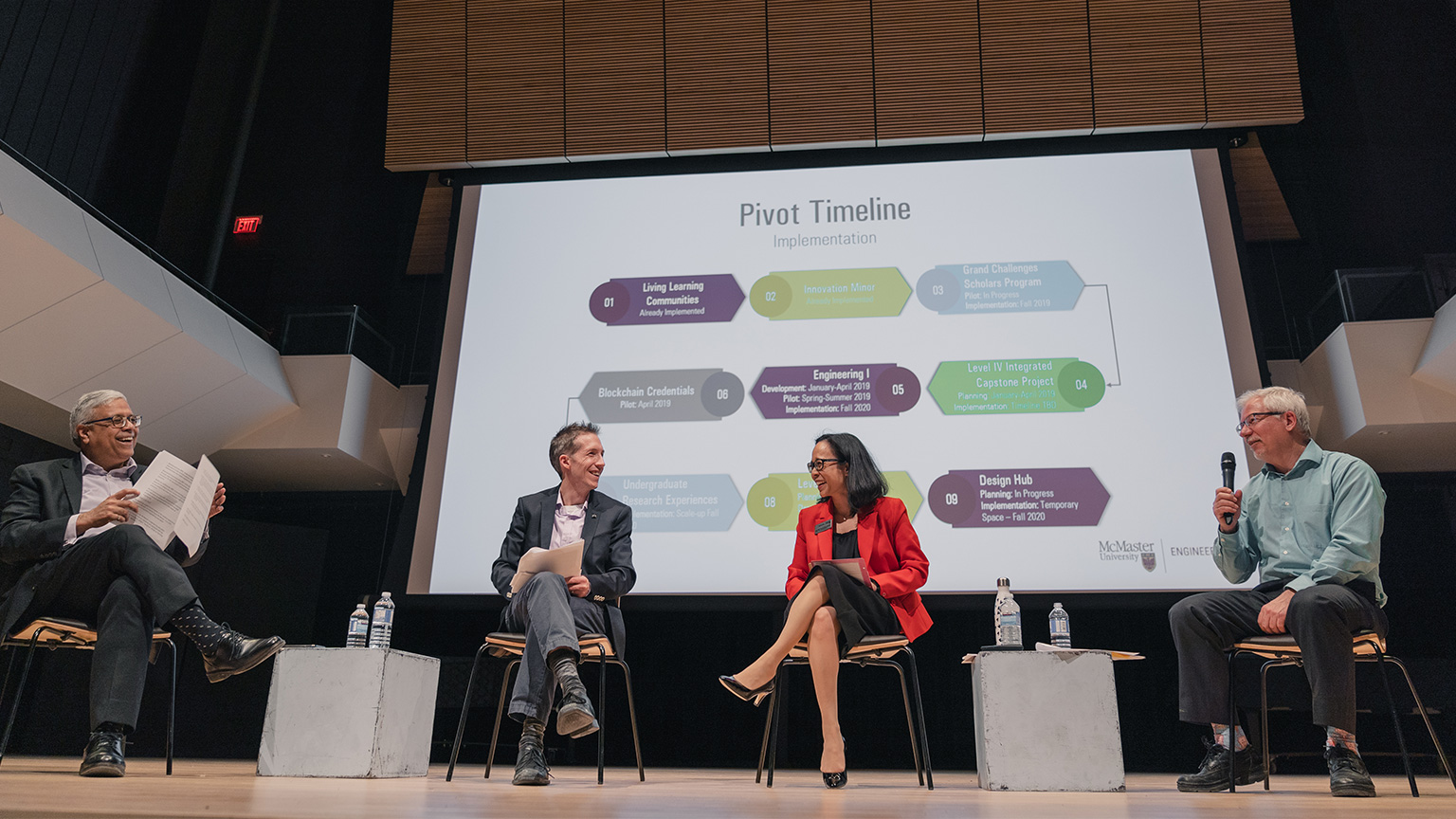
In the largest transformation of student experience in 61 years, McMaster’s Faculty of Engineering has introduced changes to its undergraduate curriculum, re-imagined its classrooms and emphasized experiential learning — all to prepare engineers of the future to meet the challenges of a rapidly changing world.
Called The Pivot, the $15-million initiative is a new approach to engineering education that will help ensure graduates are resilient, calculated risk-takers who are intellectually curious and unfazed by failure.
Changing the curriculum
The curriculum change to the general first-year program integrates four courses into one seamless, project-based learning experience in which students will complete a project-based course in every year through to their final year capstone course.
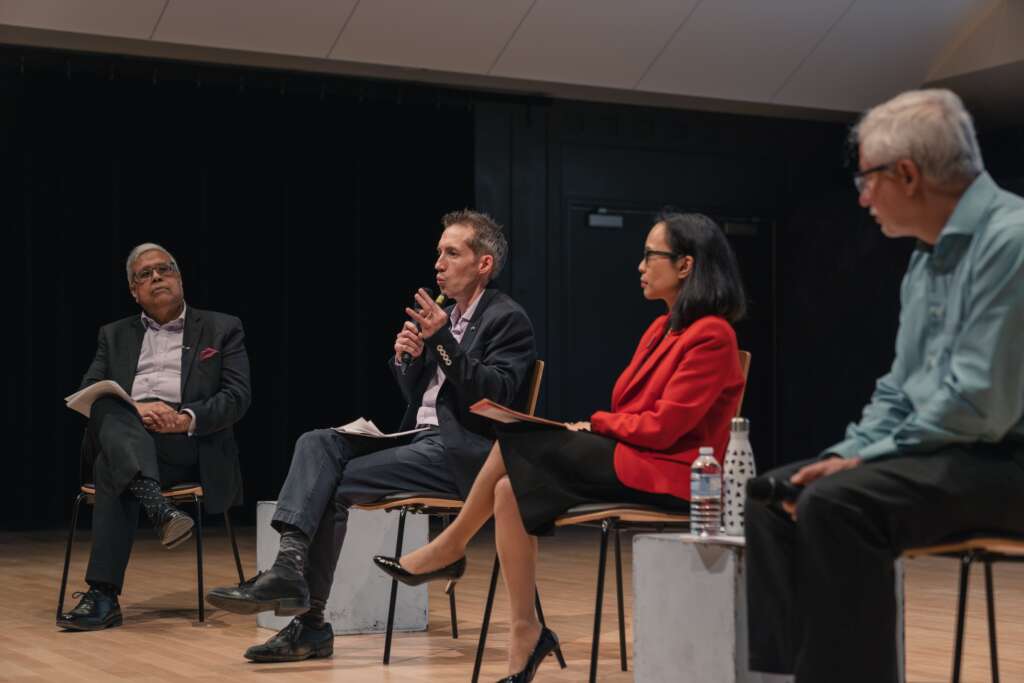
“A more traditional teaching model involves one person standing at the front of a classroom, all eyes on them, and disseminating their knowledge,” says Colin McDonald, director, Engineering 1. “We are replacing these traditional teaching methods with ones that promote learning through activities and experiences, through asking questions and through working through problems with unknown solutions. Through this model, our students develop both technical skills than an engineer relies on for success as well as the necessary soft skills such as team work and communication.”
As well, a pilot-stage integrated capstone is planned for launch in September 2020 with a goal of implementing the pilot for approximately 100 students.
Reimagining the classroom
John Preston, associate dean, research and external relations says that the inspiration for The Pivot came from watching what some of the faculty’s top students, now Pivot ambassadors, have been doing.
“These students are involved in clubs and teams,” says Preston. “One shifted fields because they were inspired by working on Formula Electric. Others have done absolutely remarkable things both in research, co-op, clubs and teams, in all of these different avenues that parallel their curricular activities. These are exceptional students, and our curriculum is in their way. We’re helping to provide, in the curriculum, the skills and knowledge they need to be successful.”
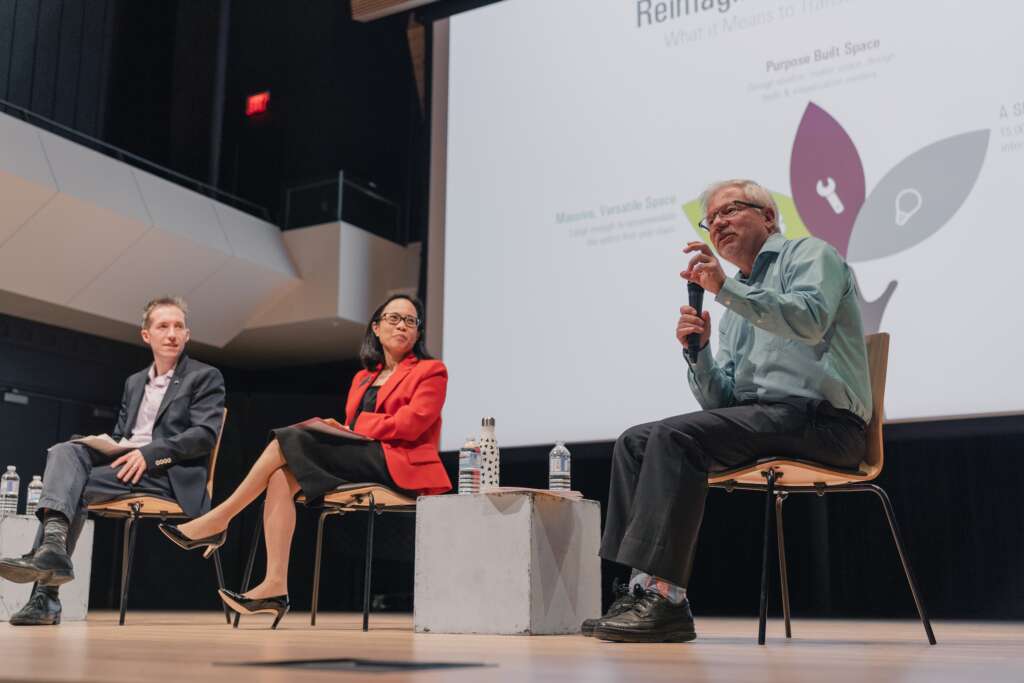
Part of the plan includes replacing lecture halls for the Level 1 Engineering foundational experience course with a large start-up-inspired space, dubbed the Design Hub, which will be a focal point for collaborative opportunities with industry partners.
Amplifying experiential learning
Along with technical know-how, students will be developing skills in five key areas, including research/creative, multidisciplinary, business/entrepreneurship, multicultural/diversity and social consciousness.
Arlene Fajutrao Dosen, director of outreach and engagement, says the faculty is preparing students to address the grand challenges facing society and have a global worldview.
“We’ve presented a scaffold and will build a menu around that. A student might be really interested in building business/entrepreneurial skills, but there will be various ways they can do that. It may be a minor in innovation or developing a student start-up through The Forge. …it allows us to…work with students to develop a career action plan for their success.”
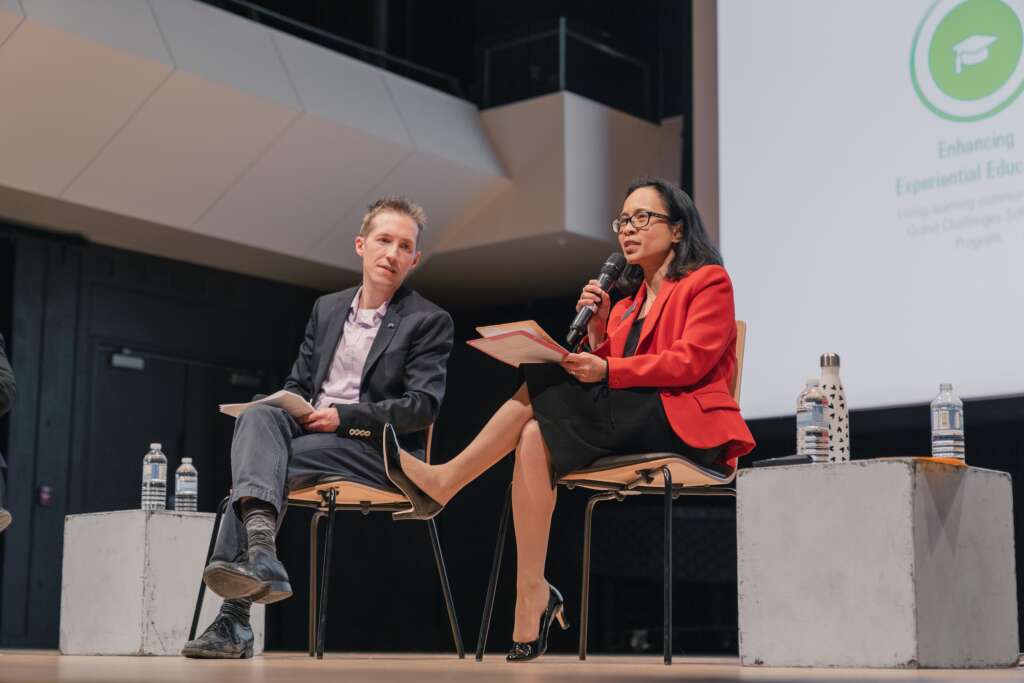
Dosen says the faculty wants to offer more work-integrated learning opportunities through expanded international co-op placements, and by supporting clubs and teams.
The Pivot will provide more funding to renew clubs and support new clubs as they are developed, and increase the number of undergraduate research and regular co-op opportunities for students.
“The Pivot represents the largest transformation of the student experience ever taken in 60 years at McMaster Engineering,” says Dean Ishwar Puri. “It will revolutionize the undergraduate student experience, enabling us to ‘leapfrog’ other engineering schools, and be a model for revamping programs across Canada, the U.S. and the world.”
The Pivot at a glance
This $15-million initiative will transform McMaster’s engineering education experience and ensure that students are equipped with the ability to pivot and adapt, using a “hands-on, minds-on learning by experience” approach. There are three key pillars of The Pivot:
- Transforming the curriculum by changing curriculum to a more self-directed, project-based approach and a design spine throughout a student’s program
- Reimagining the classroom by creating an innovative, studio, start-up inspired space to support this new learning approach and inspire students to be flexible, agile thinkers
- Amplify experiential learning by offering more extracurricular opportunities to students
The goals of The Pivot
The Pivot focuses on the need for students who possess not only technical skills, but competencies in five core areas:
- Research/Creative: Mentored research or project experience to enhance technical competence and creativity
- Multidisciplinary: Understanding gained through experience of the multidisciplinary character of implementable and viable engineering solutions
- Business/Entrepreneurship: Understanding models are necessary for the successful implementation of engineering solutions
- Multicultural/Diversity: Understanding gained through experiences were serious consideration of cultural issues is mandatory to successfully implement engineering solutions
- Social Consciousness: Deepen social consciousness and motivation to address global and local societal problems as serving people is the vision of engineering
Learn more about The Pivot.

